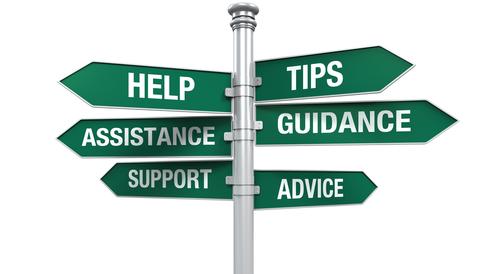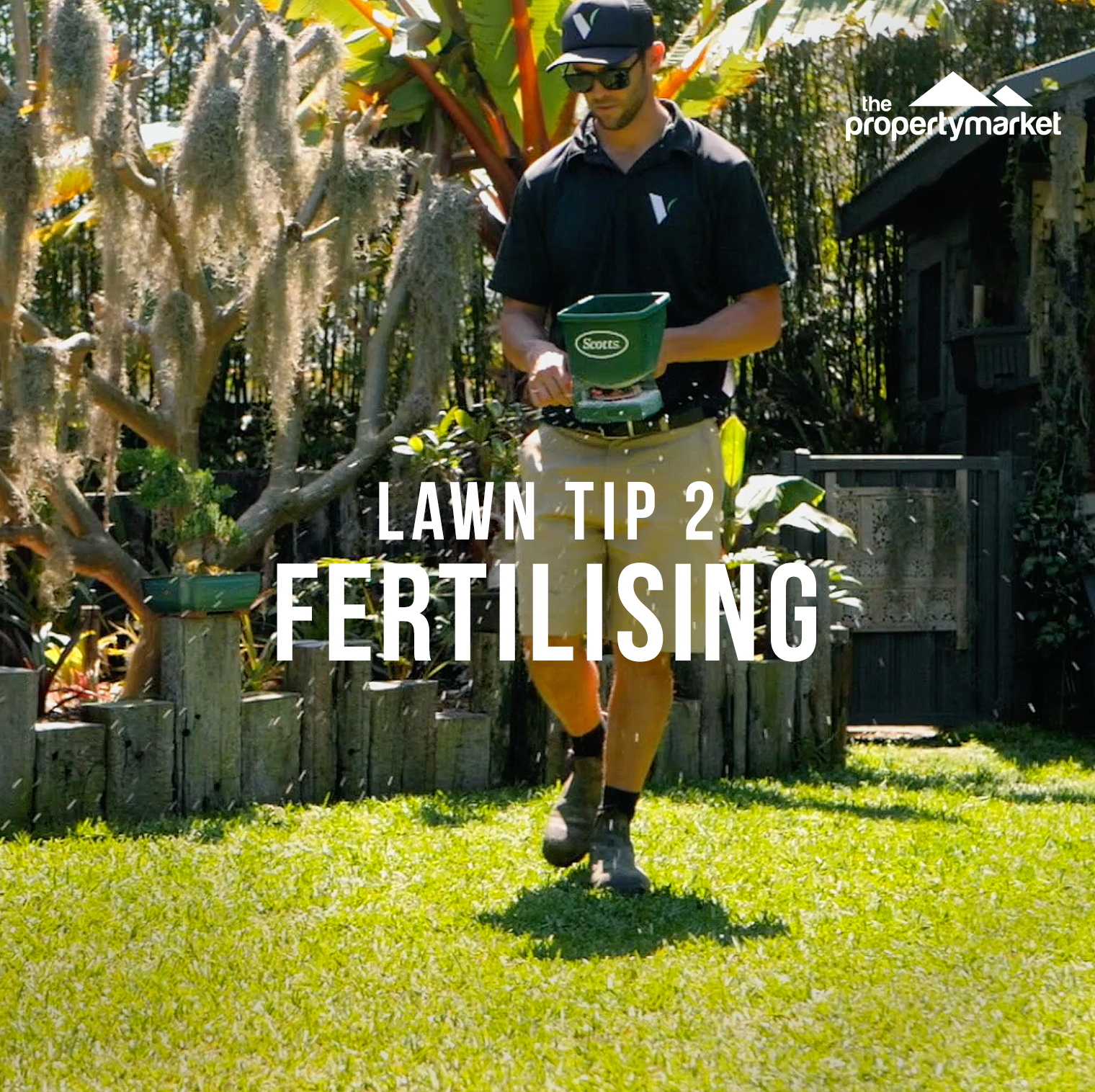Tenants: 6 government support payments you can access during COVID-19
Many Australians are facing tough financial situations after coronavirus lockdown laws forced some industries to shut down, causing widespread job losses.
For tenants who have been stood down from work, paying monthly rent and bills has become a struggle, leaving some with no choice but to seek more affordable living arrangements.
The federal government introduced financial supports in the form of JobKeeper and JobSeeker payments in March, which have gone some way in helping struggling tenants stay in their homes. These supports were due to expire at the end of September but have been extended in light of the ongoing health crisis.
1. JobKeeper payment
The JobKeeper Payment scheme is a temporary wage subsidy for businesses significantly affected by the health crisis. Eligible employers, sole traders and other entities, including non-for-profits, that have been forced to stand down staff can apply to receive $1,500 per eligible employee per fortnight to keep them in a job.
On 21 July, the federal government announced changes to JobKeeper including an extension through to 28 March 2021 based on hours employees worked in February. However, payments will be reduced and paid in two tiers.

Eligible tenants are still able to tap into government assistance during COVID-19. Picture: realestate.com.au/rent
The higher tier pays $1,200 a fortnight until 3 January 2021, after which it will reduce to $1,000 a fortnight. The lower tier pays $750 a fortnight until 3 January 2021, after which it will reduce to $650 a fortnight.
These changes do not impact JobKeeper payments until after 28 September 2020.
Keep in mind that individuals cannot be on both JobSeeker and JobKeeper, only one or the other.
2. JobSeeker allowance and coronavirus supplement
In March, the federal government renamed the Newstart unemployment payment to JobSeeker and added a $550 fortnightly supplement, effectively doubling the rate, to support those seeking employment during the pandemic.
On 21 July, the Prime Minister Scott Morrison announced that from 27 September until the end of 2020 the $550 fortnightly supplement will be cut by $300 to make the overall fortnightly payment $800.
There are new conditions attached to the renewed scheme.
This applies to those on the following payments and will be put in place automatically:
-
- Youth Allowance
- Parenting Payment (Partnered and Single)
- Austudy
- ABSTUDY (Living Allowance)
- Farm Household Allowance
- Special Benefit recipients

Tenants could be eligible for financial aid from the government which will help them stay in their rentals. Picture: Getty
3. $300 coronavirus-test isolation payment for Victorians.
The Victorian government has made one-off payments of $1,500 available to workers who are unable to work during their isolation, have no income during this period, and are not entitled to any paid sick leave, special pandemic leave or other income support.
The government will now extend the scheme to ensure that as soon as a person is tested for COVID-19, they will be eligible for a $300 support payment – as long as they meet the eligibility of the existing scheme.
Premier Daniel Andrews said the $300 payments aim to keep people at home when they are feeling unwell because “no one should be making the choice between their health and putting food on the table.”
Individuals in close contact with someone who has tested positive to COVID-19 are also eligible for the payment.
4. Early access to superannuation
Eligible Australians financially affected by coronavirus can access up to $10,000 of their superannuation early. Individuals can apply online via myGov to access superannuation before 31 December 2020.
There is no tax payable on superannuation released under this temporary arrangement and Centrelink or Veterans’ Affairs payments will not be affected.
5. Rent Assistance
Rent assistance is a pre-existing welfare payment available to eligible tenants who need extra support to cover their rent.
The rent assistance amount depends on how much rent the individual pays.
It’s important to note that this rent assistance doesn’t cover those living with their parents in a self-contained residence, which includes granny flats or caravans.
6. Utility provider support
To help with basic utility bills, most providers of gas, electricity and water can put individuals on a payment plan, which can be arranged over the phone.
Originally published on realestate.com.au
By Emily Hutchinson




